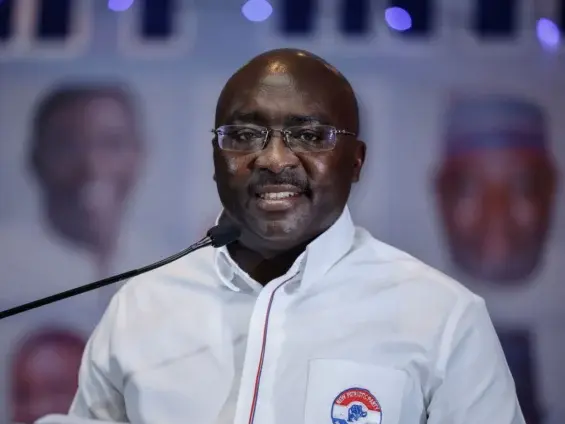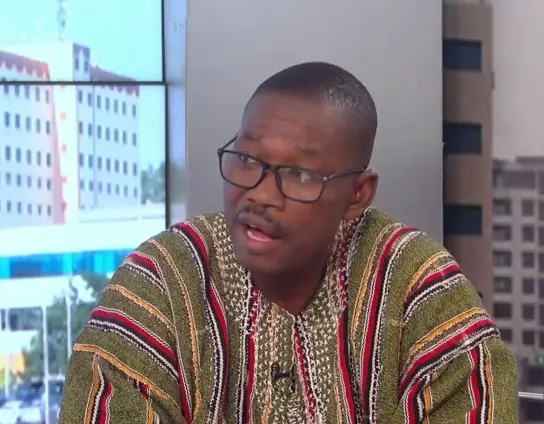The decision by former Attorney General Godfred Yeboah Dame to represent suspended Chief Justice Gertrude Torkornoo has ignited a debate, focusing particularly on the potential for conflicts of interest. As the Godfred Dame Torkornoo case unfolds, scrutiny is intensifying around the implications for judicial independence in Ghana. Dame’s defense hinges on his assertion that his involvement is driven by constitutional principles, not influenced by any perceived “optics.” This stance is being closely examined in light of concerns voiced by legal experts like Professor Kwaku Ansa-Asare, who point to Dame’s prior role in Torkornoo’s appointment as a complicating factor.
At the heart of the matter is why Godfred Dame, a former high-ranking government official, has chosen to advocate for Justice Torkornoo. Dame argues that his participation transcends personal allegiance; he is challenging what he perceives as an “unconstitutional manner” in the handling of the petition process against the suspended Chief Justice. He insists that the legal remedies he seeks are “purely constitutional,” aimed at addressing procedural irregularities rather than reflecting any personal bias.
Dame’s justification for representing Torkornoo centers on upholding the rule of law. He maintains that his legal action specifically targets procedural anomalies that occurred during the suspension process. This approach, he asserts, is intended to ensure the integrity of the legal system, irrespective of any personal connections he may have with the involved parties.
“My involvement goes beyond Justice Torkornoo as an individual, adding that it’s about challenging the unconstitutional manner in which he says this petition process has been handled.” – Godfred Dame
However, concerns have been raised by legal experts regarding the optics of Godfred Dame’s involvement in the Torkornoo case. Professor Kwaku Ansa-Asare, among others, suggests that Dame’s prior role in Torkornoo’s appointment creates a conflict of interest. They argue that it “complicates” the case, given his former position as Attorney General.
“This creates poor optics for the suspended Chief Justice’s case, given that Gertrude Torkornoo was appointed to her office during Mr. Dame’s tenure as Attorney General” – Prof Kwaku Ansa-Asare
In response to these concerns, Dame dismisses these claims as “baseless and completely unfounded.” He reiterates that his focus remains on constitutional matters and not personal relationships. According to Dame, the core of his legal challenge involves critical constitutional questions that transcend individual associations.
The Godfred Dame Torkornoo case inherently raises critical questions about the delicate balance between judicial independence and executive authority as defined under Ghana’s 1992 Constitution. The injunction sought by Dame directly challenges President Mahama’s suspension order issued under Article 146, highlighting potential conflicts between the executive and judicial branches of government.
Furthermore, the legal application contends that the suspension order violated due process protections afforded to Chief Justice Torkornoo. The Supreme Court is now expected to deliver a ruling on the application, a decision that could set significant precedents for future cases involving judicial independence and executive overreach.
Chief Justice Torkornoo’s suspension occurred on April 22, 2025, following allegations of misconduct. A committee was formed to investigate these allegations, comprising Justices Gabriel Pwamang and Samuel Adibu-Asiedu, along with former Auditor-General Daniel Domelevo. The ongoing proceedings of this committee are directly impacted by the legal challenges brought forth by Godfred Dame.
The injunction application seeks to halt the removal committee’s proceedings and suspend the warrant that led to Chief Justice Torkornoo’s suspension. These legal maneuvers underscore the high stakes involved in this case, as it navigates complex legal and ethical dimensions.
The Godfred Dame Torkornoo case represents a complex intersection of law, ethics, and governance in Ghana. While Dame characterizes his representation as a defense of constitutional principles, lingering concerns persist about potential conflicts of interest. The Supreme Court’s forthcoming ruling will be crucial in determining the validity of Torkornoo’s suspension and establishing precedents for judicial independence and executive authority. The central question is whether Dame’s involvement truly has “no optics impact,” as he asserts, or whether it raises legitimate concerns about the integrity of the legal process, ultimately shaping Ghana’s legal landscape for years to come.
Image Source: MYJOYONLINE






















